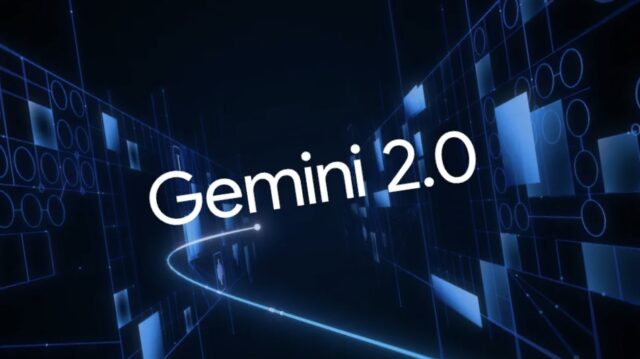Google unveils Gemini 2.0 -- is it better than ChatGPT?

Google has finally unveiled Gemini 2.0, an evolution of its AI models designed to usher in a so-called “agentic era.” Sundar Pichai, CEO of Google and Alphabet, has described this as a major leap forward for AI, emphasizing the model’s advanced reasoning, multimodal capabilities, and its potential to revolutionize tools like Google Search, among others. While Google is making big promises, my own experience with Gemini has left me wondering if it’s really a match for the historically superior ChatGPT.
Gemini 2.0 builds on the successes of previous iterations, like Gemini 1.5, and aims to push boundaries with native image and audio output, text-to-speech capabilities, and native integration with tools like Google Search and coding functions. Google is pitching this as more than just an AI chatbot. The model is described as a foundation for creating AI agents capable of handling complex, multi-step tasks, from generating research reports to serving as a developer assistant. Projects like Astra, Mariner, and Jules further showcase Google’s ambition to embed AI into everyday workflows and beyond.
For developers, Gemini 2.0 offers early access to tools like the Multimodal Live API, enabling real-time audio and video input with tool integration. This sets the stage for dynamic applications, but it’s still in experimental phases. Meanwhile, users of Google’s Gemini assistant can now select a 2.0 Flash experimental model for improved interactions.
While all of this sounds impressive, here’s the thing: ChatGPT already does most of this and arguably does it better. Google’s release comes off as a catch-up move rather than a genuine leap forward. For example, ChatGPT has long excelled in reasoning, multimodal interaction, and understanding complex queries. It doesn’t need the extensive “trusted tester” feedback loops or constant fine-tuning that Google’s Gemini seems to require to function properly. Google’s emphasis on its safety and responsibility measures also feels like a tacit acknowledgment that their AI is still figuring things out.
The practicality of Gemini’s tools is also up for debate. The inclusion of experimental projects like Project Mariner, which aims to assist users within a browser, feels a bit over-engineered compared to ChatGPT’s plugin ecosystem, which already provides seamless integration into workflows like coding or research. Google’s focus on flashy projects, such as using Gemini 2.0 in robotics and gaming, might appeal to niche audiences but raises questions about how grounded the overall AI strategy really is.
That said, Google’s latest push does highlight its commitment to hardware innovation, particularly with the use of Trillium-powered TPUs for training Gemini 2.0. This might provide a boost in terms of scalability, but the average user doesn’t care how an AI model was trained—they just want it to work effectively. And that’s where Google still seems to fall short. In my experience, Gemini models often feel slower and less intuitive than ChatGPT, and they lack the polished reliability OpenAI has cultivated.
Google’s rollout of Gemini 2.0 is clearly aimed at taking back some of the market share lost to OpenAI, but at the end of the day, it’s hard to shake the feeling that it’s trying too hard to impress without delivering the substance to back it up. For now, ChatGPT remains the superior choice in terms of functionality, speed, and overall user experience.
